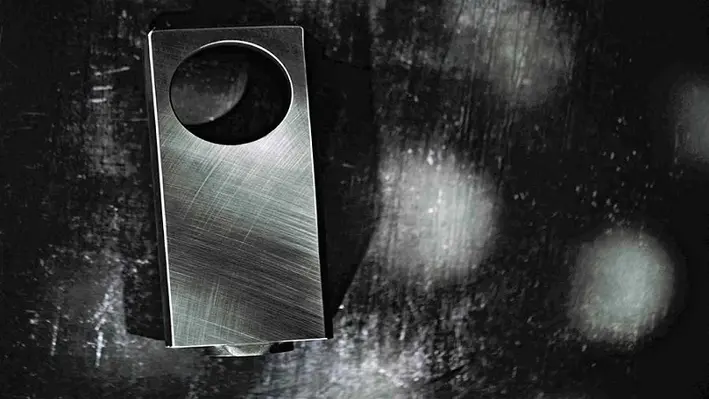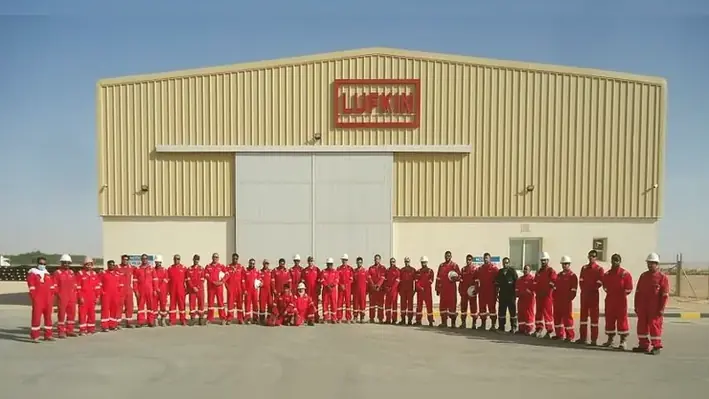 Europe’s largest provider of well integrity solutions, Unity, is developing a new additive manufactured lightweight gate which can be retrofitted to Christmas Tree gate valves to remediate seal integrity issues in low-pressure wells.
Europe’s largest provider of well integrity solutions, Unity, is developing a new additive manufactured lightweight gate which can be retrofitted to Christmas Tree gate valves to remediate seal integrity issues in low-pressure wells.
The gate has been designed as a solution for late life, depleted and shut-in offshore wells, where the tubing head pressure is too low to effectively seat the gate and seal the well. The patented design reduces the weight of the gate by around 60%, while retaining its intrinsic strength and would save operators around UK£250,000 per well by replacing a single surface component rather than the complete well control package.
The new technology is a result of a collaborative research and development project with Net Zero Technology Centre and Spirit Energy.
Technical Sales Director at Unity, Stuart Slater, explained, “The use of metal additive manufacturing means that we can offer attractive cost-savings and efficiencies to the industry, reducing raw materials, waste and operator investment in stock holding. The delivery of single items is fast and more energy efficient than traditional forgings, with an impressive 90% average reduction in lead times.
“But the real saving in this case is achieved by approaching the problem from a different angle, so rather than replacing the whole surface well control package we can quickly replace just a single small component, which offers huge cost and efficiency benefits.”
According to the most recent ‘Wells Insight Report’ from the UK’s North Sea Transition Authority, the current active UKCS well stock comprises of 2,629 wellbores, 1,661 of which are producing, while the number of shut-in wells rose by 65 to 781 in 2021. Shut-in well stock is now at a historical high, with 30% of all wells being shut in as significant intervention on infrastructure is cited as one of the top three limiting factors.
Unity’s technology is entering the latter stages of development as prototype testing has already been completed on a 2-1/16” gate, with a 5-1/8” gate now in manufacture to qualify the product for commercialisation.




